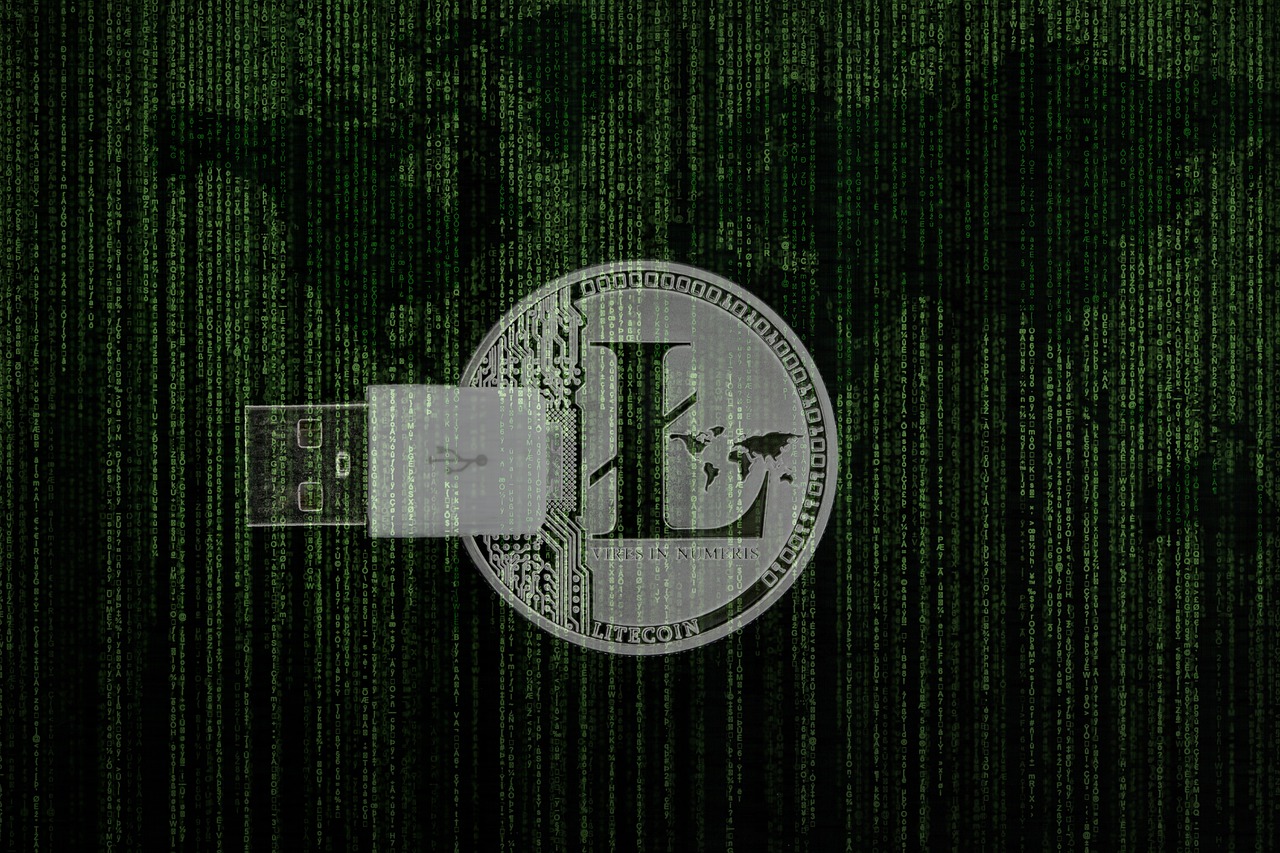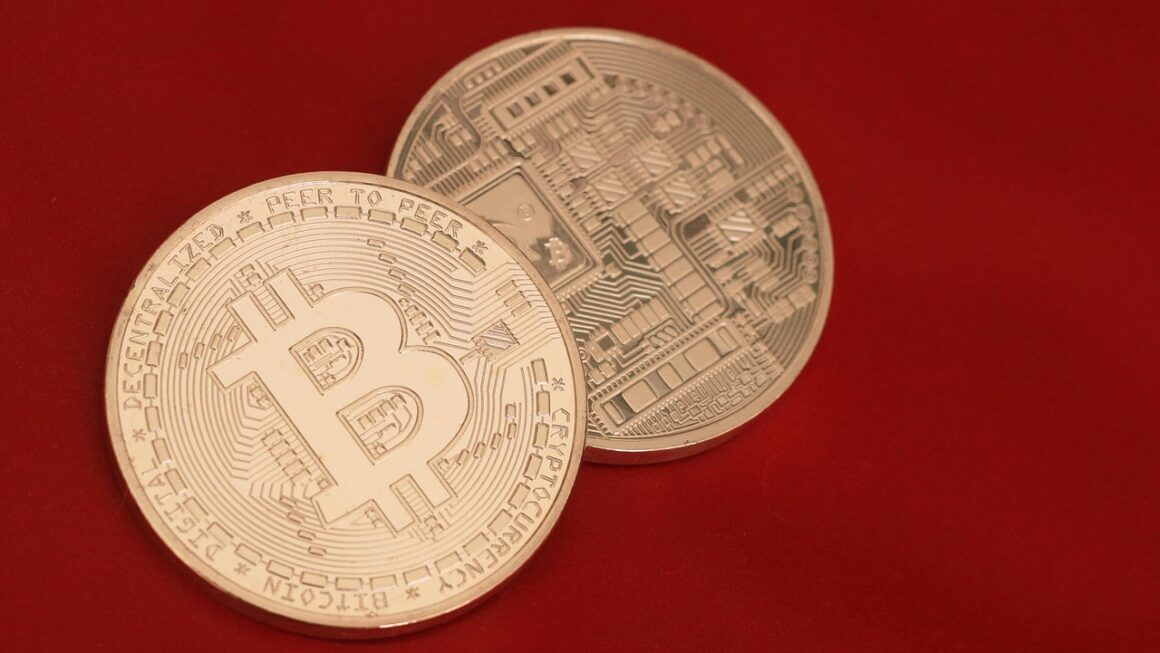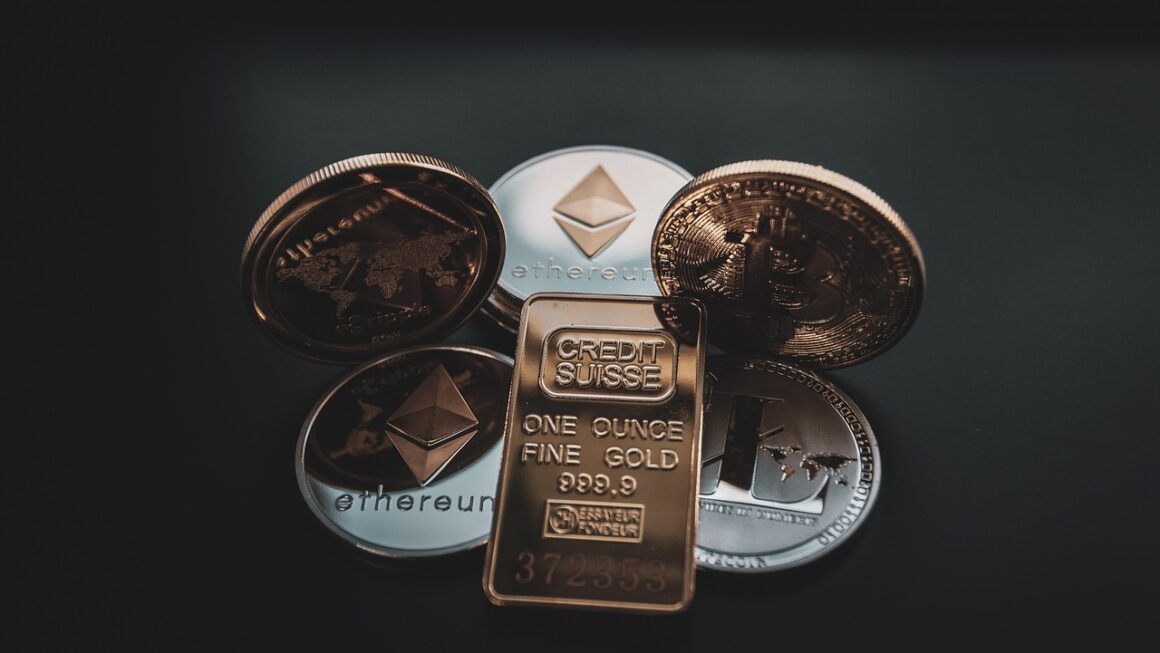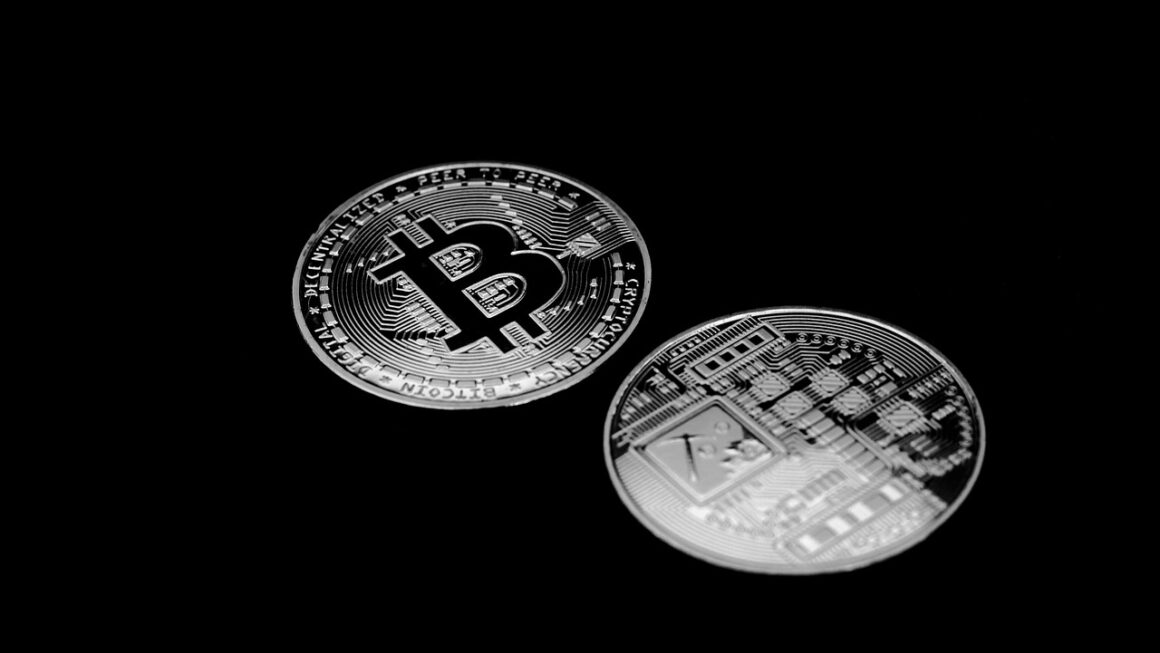Navigating the diverse world of cryptocurrencies extends far beyond Bitcoin. Altcoins, the alternative digital currencies, are flourishing, and effectively managing them requires understanding and utilizing appropriate altcoin wallets. Choosing the right wallet can significantly impact the security, accessibility, and overall usability of your altcoin holdings. This guide will delve into the intricacies of altcoin wallets, empowering you to make informed decisions about storing and transacting with your digital assets.
Understanding Altcoin Wallets
What are Altcoins?
Altcoins are any cryptocurrency other than Bitcoin. They were created to improve upon Bitcoin’s original design or to introduce new features and functionalities. Examples include Ethereum (ETH), Litecoin (LTC), Ripple (XRP), Cardano (ADA), and Solana (SOL). The market is constantly evolving, with new altcoins emerging regularly.
The Necessity of Altcoin-Specific Wallets
While some wallets support multiple cryptocurrencies, many altcoins require dedicated wallets to properly store and manage them. This is due to variations in blockchain technology, address formats, and consensus mechanisms. Using an incompatible wallet can result in lost funds or failed transactions. It’s crucial to research wallet compatibility before transferring any altcoins.
Types of Altcoin Wallets
Altcoin wallets come in various forms, each offering different trade-offs between security, convenience, and control. Here’s an overview:
- Hardware Wallets: Physical devices that store your private keys offline, providing the highest level of security. Examples include Ledger Nano S Plus and Trezor Model T.
Benefit: Immune to online hacking and malware.
Drawback: Requires a physical device and can be more expensive.
Example: Use a Ledger Nano S Plus to securely store your ETH, ADA, and DOT.
- Software Wallets: Applications installed on your computer or mobile device.
Desktop Wallets: Installed on your computer (e.g., Exodus, Electrum).
Benefit: Relatively secure, especially if the computer is kept offline.
Drawback: Vulnerable to malware if the computer is compromised.
Mobile Wallets: Installed on your smartphone (e.g., Trust Wallet, Coinomi).
Benefit: Convenient for everyday transactions.
Drawback: Less secure than hardware wallets due to potential mobile device vulnerabilities.
- Web Wallets: Accessed through a web browser, often provided by cryptocurrency exchanges (e.g., Coinbase, Binance).
Benefit: Easy to access from any device.
Drawback: The least secure option, as you entrust your private keys to a third party.
- Paper Wallets: Generating a public and private key pair and printing them on a piece of paper.
Benefit: Offline storage, immune to online attacks.
Drawback: Can be easily damaged or lost, requires careful handling.
Security Considerations for Altcoin Wallets
Importance of Private Key Management
Your private key is the key to accessing and controlling your altcoins. It’s crucial to keep it safe and secure. Never share your private key with anyone.
Implementing Two-Factor Authentication (2FA)
Enable 2FA on your wallet whenever possible. This adds an extra layer of security, requiring a code from your phone in addition to your password.
Regularly Backing Up Your Wallet
Back up your wallet regularly to prevent loss of funds in case of hardware failure or theft. Store backups in a secure location, preferably offline.
Being Aware of Phishing and Scams
Be cautious of phishing emails or websites that attempt to steal your private keys. Always verify the authenticity of websites and emails before entering any sensitive information.
- Example:* A common scam involves sending emails claiming to be from a wallet provider asking you to “verify” your account by entering your private key on a fake website.
Regularly Update Your Wallet Software
Keep your wallet software up to date to patch any security vulnerabilities. Updates often include critical security fixes that protect your funds.
Choosing the Right Altcoin Wallet
Assessing Your Security Needs
Consider your risk tolerance and the amount of altcoins you intend to store. If you’re holding a significant amount, a hardware wallet is highly recommended. For smaller amounts and frequent transactions, a mobile or desktop wallet might suffice.
Evaluating Supported Altcoins
Ensure that the wallet supports all the altcoins you want to store. Some wallets only support a limited number of altcoins.
Understanding User Interface and Experience
Choose a wallet with a user-friendly interface that is easy to navigate. A complex or confusing interface can lead to errors and potentially lost funds.
Checking for Community Support and Reviews
Read reviews and check for community support to get a sense of the wallet’s reliability and customer service. A strong community indicates that the wallet is actively maintained and supported.
Example Wallet Recommendations:
- Exodus: A multi-currency desktop and mobile wallet with a user-friendly interface and built-in exchange functionality. Supports a wide range of altcoins. Good for beginners.
- Trust Wallet: A popular mobile wallet with support for a vast selection of altcoins and access to decentralized applications (dApps).
- Ledger Nano S Plus: A hardware wallet renowned for its security features. Compatible with numerous altcoins via the Ledger Live app.
- Electrum: A lightweight desktop wallet primarily for Bitcoin but some forks exist for other coins. It offers advanced features like coin control.
- MetaMask: A browser extension and mobile wallet primarily used for Ethereum and ERC-20 tokens, enabling interaction with decentralized applications.
Setting Up and Using an Altcoin Wallet
Downloading and Installing the Wallet
Download the wallet from the official website or app store. Verify the authenticity of the download to avoid malware. During installation, follow the instructions carefully.
Generating or Importing a Wallet
Most wallets will guide you through generating a new wallet. If you already have a wallet, you can import it using your seed phrase or private key.
Backing Up Your Seed Phrase
Your seed phrase is a list of words that can be used to recover your wallet in case of loss or damage. Write it down and store it in a safe place, separate from your computer or phone. Never store it digitally.
Sending and Receiving Altcoins
To send altcoins, enter the recipient’s address and the amount you want to send. Double-check the address before sending to avoid sending funds to the wrong address. To receive altcoins, provide your wallet address to the sender.
Best Practices for Safe Transactions
- Always double-check the recipient’s address before sending.
- Send a small test transaction first to ensure that the address is correct.
- Be aware of network fees, which can vary depending on the altcoin and network congestion.
- Use a strong password for your wallet and enable 2FA.
Managing and Monitoring Your Altcoin Portfolio
Tracking Your Portfolio Performance
Use portfolio trackers or wallet features to monitor the value of your altcoin holdings over time.
Setting Price Alerts
Set price alerts to be notified of significant price movements in your altcoins. This can help you make timely buying or selling decisions.
Rebalancing Your Portfolio
Consider rebalancing your portfolio periodically to maintain your desired asset allocation. This involves selling some of your overperforming assets and buying underperforming assets.
Tax Implications of Altcoin Transactions
Keep accurate records of all your altcoin transactions for tax purposes. Consult with a tax professional to understand the tax implications of your altcoin investments.
Conclusion
Choosing and utilizing the right altcoin wallet is a critical aspect of managing your cryptocurrency investments. By understanding the different types of wallets, prioritizing security, and following best practices, you can confidently navigate the world of altcoins and protect your digital assets. Remember to always do your research, stay informed about the latest security threats, and adapt your wallet strategy as needed. The cryptocurrency landscape is constantly evolving, and continuous learning is essential for success.




